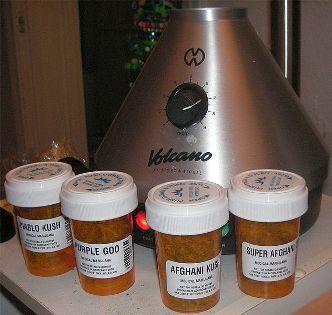This Week's Corrupt Cops Stories
Cops cutting corners to make arrests, a cop caught providing protection for a load of cocaine, and a police force fired for its misbehavior make this week's rogues' gallery.
Comprehensive coverage of the War on Drugs since 1997

